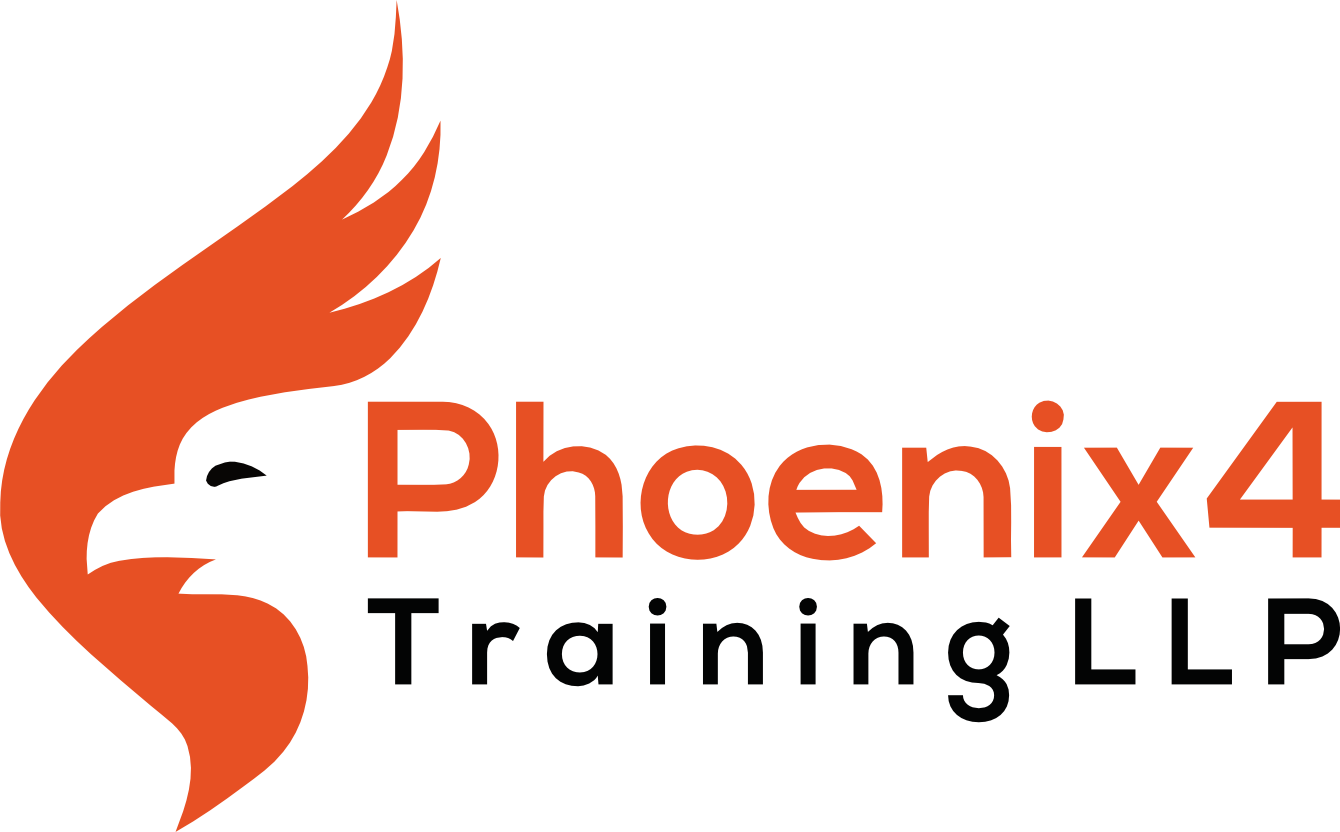Category: Childcare and Early years
Level 4
Children, Young People & Families Practitioner
Apprenticeship

Working with children, young people and families, including carers, to achieve positive and sustainable change in their lives
Key apprenticeship information
Title of embedded diploma/qualification:
Level 3 Diploma for Residential Childcare
Additional Functional Skills:
Level 2 English and maths
Awarding Organisation:
Training Qualifications UK
Qualification duration:
18 months and 12 weeks End Point Assessment
Who is suitable:
People working with young people in residential care
Non-levy employer contribution (5%) - £300 Levy paying employer contribution - £6000
Funding value and cost:
About your course
As a practitioner you will be working with children, young people, and families, including carers, to achieve positive and sustainable change in their lives. You will demonstrate a passion to care for and about children, young people, and families. You will be skilled in recognising and assessing the complex needs that children, young people and families often present. You will agree with the child, young person or family any specific interventions or referrals.
Your approach will be one of respectful curiosity that challenges and supports children, young people and families to achieve their potential and stay safe. You will work alongside other professionals and organisations to share the responsibility for improving outcomes. Typical job roles include Residential care worker, Children’s home worker, Children’s support worker, Young people’s support worker, Youth worker, Family support worker, Social care worker, Outreach worker and Children’s residential support worker
Each piece of work with a child or family will be different and you will exercise judgement on a range of evidence-based approaches to inform your practice. You will regularly evaluate the effectiveness of your methods and actions. Regular supervision with an experienced practitioner will encourage reflection on your practice. At the end of the apprenticeship, the high quality of your practice will be making a real difference to those that you work with.
What you will learn
The knowledge, skills and behaviours that you will be able to demonstrate through completing the Children, Young People and Families Practitioner (Level 4) apprenticeship include:
-
Communication that enables the voice of the child, young person or family members to be heard
Multiple factors that contribute to uncertainty in the lives of children, young people and families
Equality, rights, diversity and cultural differences, and the values of the organisation in which you are working
The range of potential safeguarding risk factors (e.g. domestic violence, membership of gangs, missing children, online activity, radicalisation and Prevent agenda), the different forms of harm to children and vulnerable adults (e.g. neglect, child sexual exploitation, physical abuse, emotional abuse) and the local and national thresholds for safeguarding
The safeguarding requirements contained within mandatory local safeguarding training or nationally accredited equivalent
Child, adolescent and adult development
The spectrum of needs and how they may be met
The principles of effective assessment and the importance of analysis and professional judgement
Models for monitoring changes in a child, young person or family member’s wellbeing
A range of evidence based interventions and their strengths and weaknesses
The duties, responsibilities, boundaries and ethical nature of the role
Theories and guidelines underpinning sound practice
-
Communicates in way that enables the voice of the child, young person or family members to be heard
Encourages individuals to engage positively with their community and relevant agencies and actively participate in the way their care and support is delivered
Actively promotes respect, equality, diversity and inclusion
Works together with children, young people and families to keep them safe and manage risk and promoting the development of skills the family need to successfully manage risk themselves
Works with and supports other professionals to respond to safeguarding concerns
Identifies the influences on the individual and the family and supports them to make informed choices
Leads on the development and recording of holistic plans, delivery of interventions and evaluates their effectiveness
Identifies and addresses barriers to accessing resources
Identifies and manages evidence-based approaches and evaluates their effectiveness
Contributes to the development of a resilient, consistent and persistent approach to practice
Models clarity of purpose, clear expectations and a professional approach to decision making
Appropriately challenges and/or offers alternative perspectives with the children, young person or family
Contributes to own professional development
-
The values and behaviours expected of a Children, Young People and Family Worker:
Care: Respecting and valuing individuals to keep them safe, being affirming and working with them to help them make a positive difference to their lives.
Compassion: Consideration and concern for children, young people and their families, combined with an understanding of the perspective of those you work with.
Courage: Honesty and a positive belief in helping children, young people and families. Being confident when faced with confrontation, holding a safe space to manage and contain really difficult behaviours and working with children, young people and families to challenge and enable them to fulfil their potential.
Communication: Your work is based on building effective relationships, being perceptive and empathic and building good rapport Competence: The relationships you build to effect change for children, young people and families will be informed by social care ethics and values and will be developed through reflective practice.
Commitment: Creating sustainable change in others by working alongside children, young people and families and being authentic, consistent, patient, persistent and resilient.
How will your qualification be delivered
Our sector expert staff will support you to achieve the apprenticeship. We have highly skilled and knowledgeable staff with significant experience of working in the industry who will be able to share their experiences and support you. All learning is either on a 1-2-1 basis or small group webinars so you have the best experience possible with Phoenix 4 Training. You will have an eportfolio to gather and store all your evidence to support your apprenticeship.

End Point Assessment
There will be an external assessment at the end of the programme once the apprentice has achieved the ‘gateway’ requirements. This includes achieving the Level 3 Diploma in Residential Childcare and Level 2 Functional Skills in English and Maths.
The EPA for the Level 4 Children, Young People and Families Practitioner apprenticeship includes
Situational judgement test
Professional discussion underpinned by a portfolio
The end-point assessment must be completed over a maximum total assessment time of two days, within an EPA period lasting typically for three months after the apprentice has met the EPA gateway requirements.
What you can do next
Having successfully completed this qualification, learners will have the opportunity to progress to the following:



